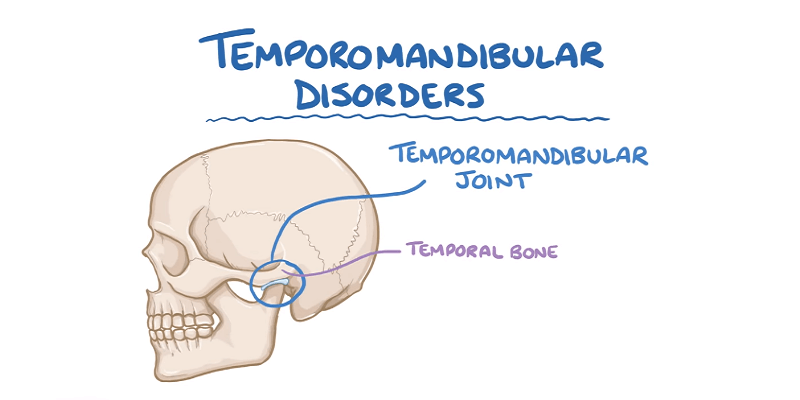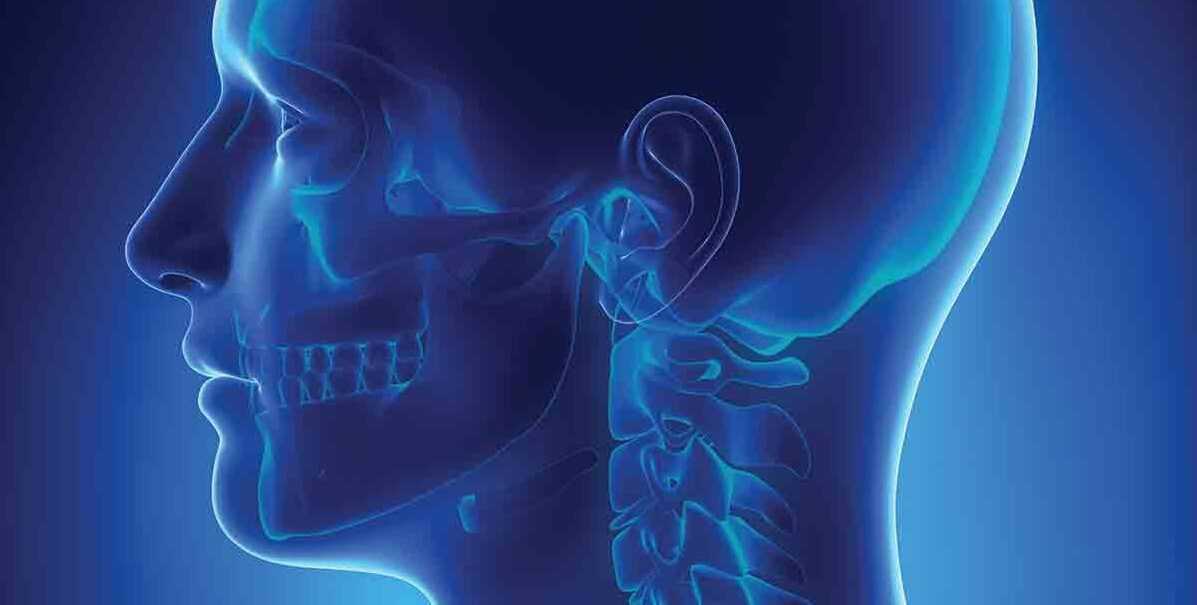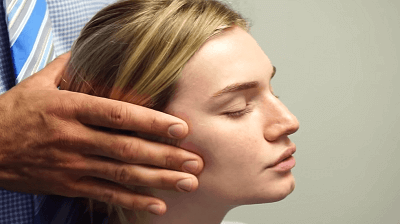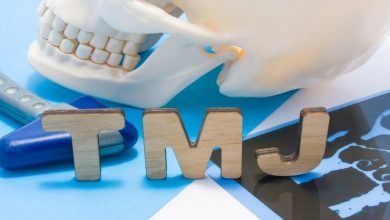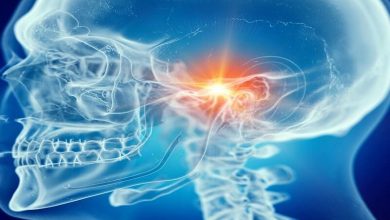Is There a Difference Between TMJ & Lock Jaw?

There are few medical phenomena more alarming and unpleasant than lockjaw. As the name implies, lockjaw refers to a “locking” of the jaw joint that limits the jaw’s range of motion and makes opening and closing the mouth impossible. Lockjaw can occur when the mouth is either open or closed. In some cases, lockjaw sufferers may be able to pop or slide the jaw back into place and manually close the mouth in this way; in other instances, a trip to the emergency room is required to remedy the situation. In any event, immediate medical attention is required to determine the cause of the lockjaw and to prevent future episodes. If you suffer from TMJ disease, you may already be well acquainted with the dangers of lockjaw. Alternately, if you have ever experienced lockjaw, you may be wondering what causes this affliction. Is there a difference between TMJ and lockjaw, or are they simply offshoots of the same problem?

Lockjaw, or “trismus,” describes any condition that prevents the normal opening and closing of the mouth. If you’re having trouble opening or closing your mouth, you have lockjaw. There are several different causes of lockjaw, and while some of them are temporary, many are chronic and must be dealt with by a qualified medical professional. One cause of lockjaw is injury. Receiving a blow to the jaw, as from a physical altercation, a fall, or a car accident, could temporarily dislocate the jaw joint and make normal jaw movements difficult or impossible. Lockjaw can be caused by injury to areas other than the jaw itself, such as head or neck trauma, but if you haven’t sustained any recent injuries to the jaw or nearby areas, you can safely rule out physical injury as the cause of your lockjaw.
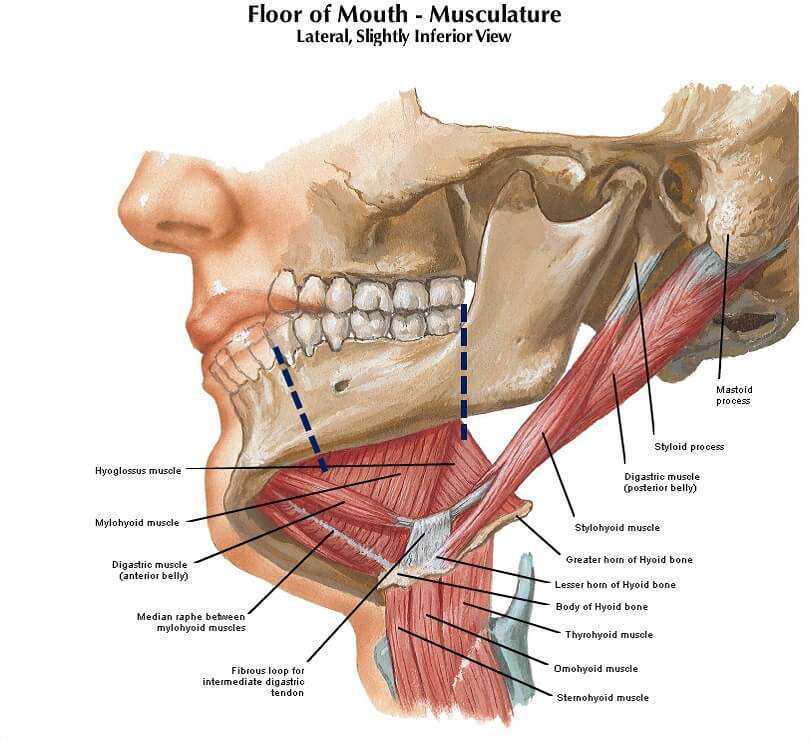
However, one of the most common causes of lockjaw, as already mentioned, is TMJ disorder. TMJ disorder refers to a syndrome that affects the temporomandibular joint, commonly called the TMJ, which connects the jaw with the bottom of the skull. Due to prolonged stress symptoms, poor eating habits, nighttime tooth grinding, and a host of other contributing factors, the TMJ can become eroded or even dislodged, which leads to a range of painful, unpleasant symptoms, including lockjaw. Other symptoms of TMJ disease include the presence of a “popping” sound in the jaw while chewing, persistent aches or pains in or around the jaw, blurred vision, hearing problems, and a misaligned bite.
Click on “What is TMJ?” for more information
TMJ afflicts millions of people around the world, yet many still try to ignore it or treat it on their own. TMJ disorder may be managed for a brief period of time through avoidance techniques, such as chewing on one side of the mouth, or the performance of certain jaw strengthening exercises, but the only long-term solution is to contact an experienced neuromuscular specialist with knowledge of how to cure TMJ.
Facebook
Google+
Twitter
Pinterest
Reddit
StumbleUpon

